Table of Contents
Hotel marketing is a multifaceted field that demands a well-crafted strategy to attract travellers. It’s about creating a strong brand presence and stimulating interest, which is crucial for the success of independent lodgings, including hotels, inns, B&Bs, hostels, and holiday homes. Successful hotel marketing strategies highlight the services, facilities and unique characteristics of these properties, enhancing their reputation, attracting customers and encouraging repeat visits. These elements are essential for maintaining high occupancy levels and ensuring economic prosperity.
1. Creating a Marketing Plan
The foundation of any successful marketing endeavour lies in a well-defined plan. An annual marketing plan should outline clear objectives, strategies and performance metrics. Objectives should be SMART (Specific, Measurable, Achievable, Relevant, Time-bound) to provide direction and focus. Strategies must be aligned with current market trends and the competitive landscape to ensure relevance and effectiveness. Regular review and adjustment of the plan are crucial to adapt to changing market dynamics and maintain a competitive edge.
2. Identifying Target Markets
Understanding the diverse needs and preferences of guests is imperative for effective hotel marketing strategies. Hotels can tailor their messaging and offerings to resonate with the intended audience by segmenting the market and identifying specific target segments. Detailed demographic, psychographic, and behavioural analysis helps in identifying the most profitable segments. By catering to the unique preferences of each segment, hotels can increase engagement and loyalty, ultimately driving revenue growth.
3. Establishing Brand Tone and Style
A distinctive brand identity is essential for standing out in a crowded marketplace. Establishing a consistent tone of voice and style across all communication channels helps in building brand recognition and loyalty. The brand’s personality should align with its values and resonate with the target audience. Through cohesive branding, hotels can create a memorable impression and foster emotional connections with guests, driving repeat business and advocacy.
4. Optimizing Digital Presence
In today’s digital era, an optimized online presence is paramount for attracting and engaging guests. The hotel website serves as a virtual storefront, offering the first impression to potential guests. It should be user-friendly, visually appealing, and mobile-responsive to ensure a seamless browsing experience across devices. Regular updates, fresh content, and engaging visuals keep the website dynamic and relevant. Search engine optimization (SEO) techniques enhance visibility and drive organic traffic, while integrated booking functionalities streamline the reservation process, maximizing conversion rates.
5. Delivering Personalized Guest Experience
In an era where personalized experiences are increasingly valued, hotels must go the extra mile to cater to individual guest preferences. By leveraging guest data and technology, hotels can offer customized services and personalized communication throughout the guest journey. From pre-arrival preferences to post-stay follow-ups, every interaction should be tailored to enhance guest satisfaction and loyalty. Personalization fosters a sense of exclusivity and belonging, elevating the overall guest experience and driving positive word-of-mouth referrals.
6. Engage Through Social Media
With the pervasive influence of platforms like Instagram and Facebook, hotels can leverage these channels to forge meaningful connections with potential guests. By curating visually captivating content showcasing the property’s unique features, amenities, and experiences, hotels can entice and inspire their audience. Engaging with followers through comments, direct messages, and interactive features fosters a sense of community and belonging, ultimately driving brand affinity and increasing bookings.
7. Leverage Guest Reviews

In the digital age, guest reviews wield significant influence over prospective guests’ decisions. Encouraging satisfied guests to share their positive experiences on platforms like TripAdvisor, Google Reviews, and OTAs not only enhances the property’s online reputation but also builds trust and credibility. Highlighting glowing testimonials across marketing collateral, website, and social media reinforces the property’s commitment to excellence, reassuring potential guests and compelling them to choose the hotel for their stay.
8. Email Marketing
Despite the proliferation of communication channels, email remains a potent tool for engaging past and potential guests. Personalized email campaigns tailored to recipients’ preferences, past behaviours, and booking history can nurture relationships and keep guests informed about exclusive offers, promotions, and upcoming events. Segmented email lists based on demographics, interests, and engagement levels allow for targeted messaging, maximizing open rates, click-through rates, and ultimately, conversion rates.
9. Content Marketing
Crafting compelling and relevant content is instrumental in capturing the attention of today’s discerning travellers. Through blog posts, videos, infographics, and virtual tours, hotels can provide valuable insights, destination guides, and insider tips that resonate with their target audience. By positioning themselves as trusted authorities in the hospitality industry, hotels can attract organic traffic, build brand awareness, and drive direct bookings through their website.
10. Local Partnerships and Events
Collaborating with local businesses and sponsoring community events presents hotels with unique opportunities to expand their reach and foster goodwill within the community. By aligning with like-minded brands and participating in relevant events, hotels can increase their visibility, attract new guests, and enhance the overall guest experience. Joint promotions, exclusive discounts, and cross-promotional activities benefit both parties while reinforcing the hotel’s commitment to supporting local initiatives.
A Recap of Winning Hotel Marketing Strategies
To flourish in the dynamic world of hospitality, hotels must craft robust hotel marketing strategies that are both comprehensive and adaptable. By setting precise goals, deploying targeted approaches, maintaining a unified brand identity, enhancing digital interfaces, and offering bespoke guest interactions, hotels can carve out a unique niche, captivate the desired clientele, and foster enduring patronage. The key to success lies in embracing change and innovation, ensuring that hotels remain at the forefront of an industry in constant flux.
Incorporating cutting-edge hotel marketing strategies with or without the help of a branding agency empowers hotels to confidently traverse the shifting terrain of hospitality with ingenuity and assurance. Through the strategic use of social media engagement, the amplification of positive guest feedback, the execution of targeted email campaigns, the generation of compelling content, the formation of symbiotic local alliances, and the institution of rewarding loyalty schemes, hotels can actively involve guests, solidify brand allegiance, and secure ongoing expansion amid intense market rivalry.
Furthermore, harnessing data analytics to understand guest preferences and market trends can provide invaluable insights for personalizing experiences and anticipating needs. Collaborating with influencers and travel bloggers can also amplify a hotel’s reach and appeal to a broader audience. Lastly, sustainability initiatives can resonate with eco-conscious travellers, positioning the hotel as a responsible and attractive choice for the modern traveller.



